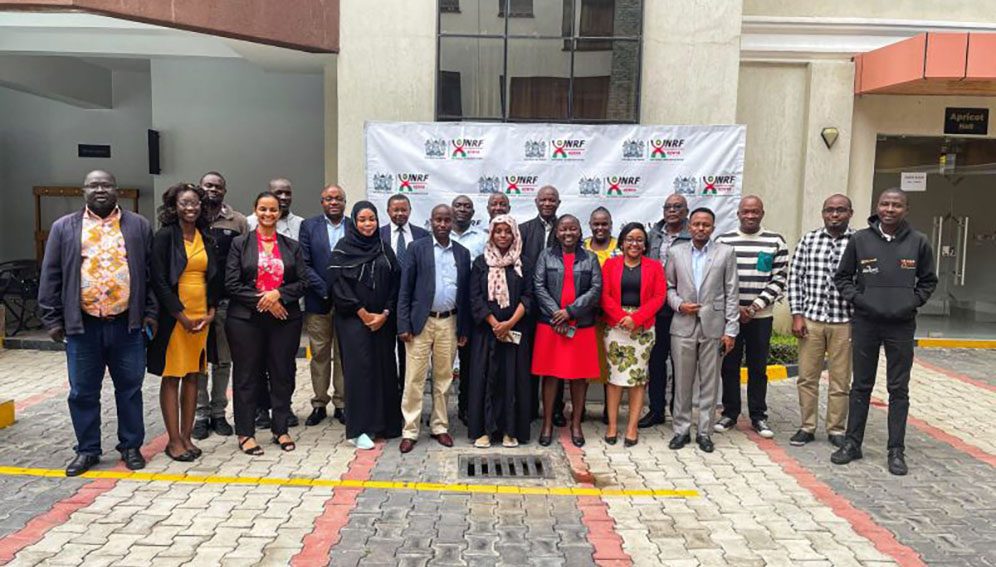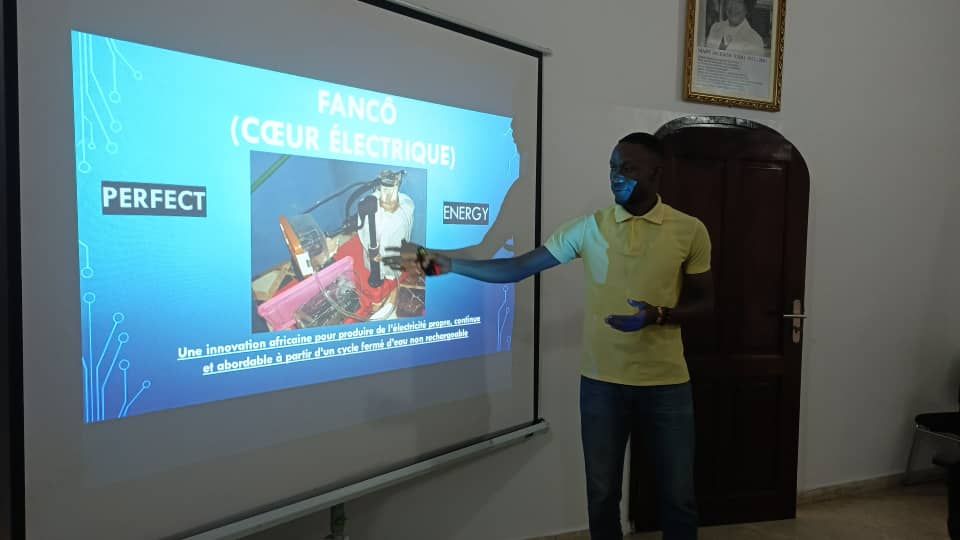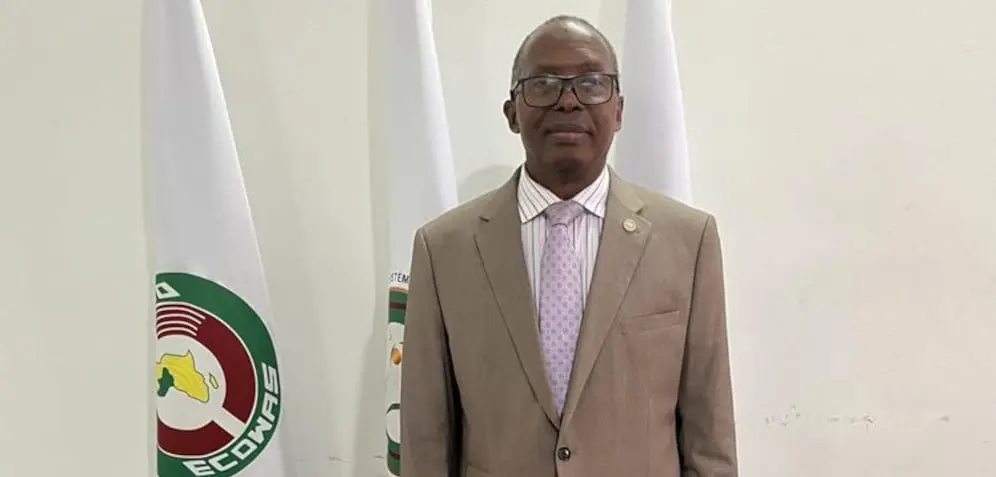SGCI News
2021 SGCI Regional Meeting Spotlights the Importance of Research and Development Roadmaps The SGCI held its Virtual Regional Meeting on 29-30 June, 2021 to facilitate cross learning, experience sharing, and…
2021 SGCI Regional Meeting Spotlights the Importance of Research and Development Roadmaps
The SGCI held its Virtual Regional Meeting on 29-30 June, 2021 to facilitate cross learning, experience sharing, and networking amongst the Science Granting Councils (SGCs) and with other continental and global STI actors. The meeting discussed pathways for developing research and development (R&D) roadmaps that can influence national research agendas. Joining the SGCI key actors was the the United Kingdom’s Department for Business, Energy and strategy (BEIS).
In their opening remarks, Prof. Tom Ogada, the Executive Director, African Centre for Technology Studies (ACTS), noted the importance of R&D roadmaps in Africa. “This is an important framework which governments can use to inform resource allocation, research priorities and support implementation of related policies” Prof. Ogada emphasized.
Lucy Absolom, the Head of R&D Strategy at BEIS, shared their experiences in the process of developing UK’s research and development roadmap. They highlighted that it is paramount to get the process right to ensure that the outcome is embraced by all key actors. Absolom emphasized that intentional engagement of multiple stakeholders from the onset is fundamental to the success of a viable R&D roadmap that can influence national research agendas and enhance development.
Key lessons from Uganda, Burkina Faso and Namibia demonstrated progress and challenges faced by African countries in developing research and development roadmaps. Inoussa Zongo, National Coordinator of the SGCI in Burkina Faso emphasized that intentional resource allocation for R&D is critical to ensure prioritization of national research agendas. Namibia’s STI policy has a sharp focus on increasing and enhancing strategic partnerships to leverage more resources towards its R&D agenda. Vincent Nowaseb, the General Manager for Innovation and Technology Development at Namibia’s National Commission on Research, Science and Technology provided an overview of the country’s STI policy which is anchored on nine objectives that are entrenching the application of STI across various sectors. Uganda has developed its national research agenda and a draft STI policy. These policies have enabled the government to commit an increase in its gross expenditure on science, encourage private sector to invest in research and innovation for development, and is working to increase the number of annual internationally registered patents from two as recorded currently to 50 by the year 2025. Uganda is further exploring the potential of indigenous knowledge systems to contribute to and enhance its R&D strategy.
The meeting highlighted the need for collaboration across sectors, early multi-stakeholder engagement, and contingency planning as important in developing a robust roadmap. Namibia for example, embarked on the review of its STI policy in 2015, through a highly consultative process with ministries and agencies, NGO’s, academia and civil society organizations. The meeting applauded the important role SGCs play in driving research and development, given their mandate of advising governments on STI-related strategies, and shaping national research agendas.
For more information, contact:
Dr Maurice Bolo, Scinnovent Centre
Email: Bolo@scinnovent.org
SGCi themes
Countries
Categories
Related News
Kenya’s research fund launches data security training
The National Research Fund (NRF) Kenya has launched a research data security training workshop, highlighting its commitment to strengthening the quality, integrity, and impact of publicly funded research across the country. The workshop convened experts from universities, Ministries, Departments, and Agencies (MDAs), and research institutions…
Innovation awards boost Côte d’Ivoire’s national research drive
The Fund for Science, Technology and Innovation (FONSTI) opened the audition phase for the FONSTI Innovation Prize 2025, marking a decisive moment in a process launched earlier this year to strengthen Côte d’Ivoire’s innovation ecosystem. The auditions follow the official launch of the inaugural Innovation…
How Sierra Leone is improving the quality of life through science and technology
An interview with Dr Samba Sesay This video previews the ongoing efforts of the National Science Technology and Innovation Council of Sierra Leone (NSTIC-SL), a young council established in 2020. Dr. Samba Sesay, Programme Implementation Manager, explains that NSTIC-SL’s core mission is to enhance the…
SGCI funded projects
Rwanda’s integrated approach to sustainable agriculture and nutrition
Project Titles & Institution Areas of Research Number of Projects being funded Project Duration Grant Amount In-Kind Distribution Council Collaboration with other councils





